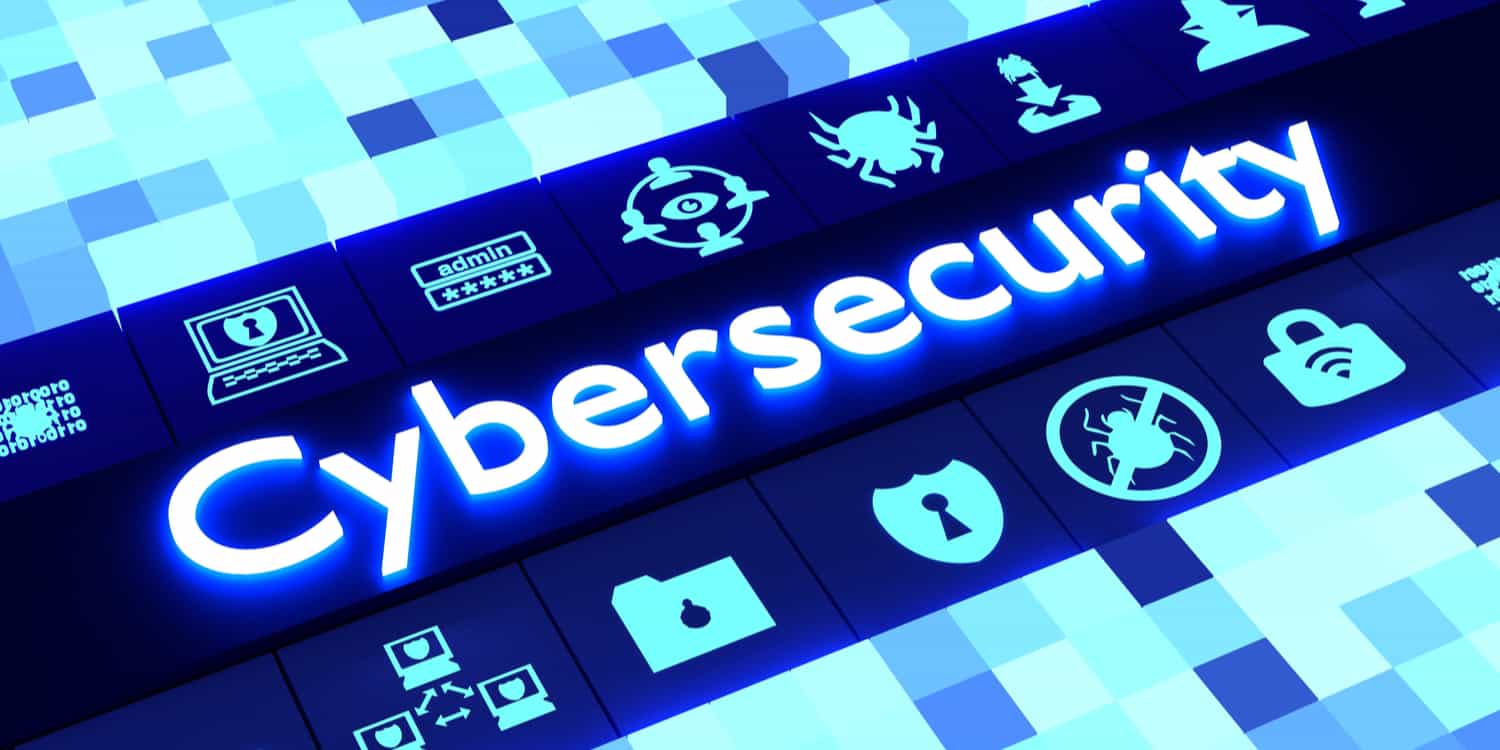Our Blog
Ads

Posted: 12-Feb-2025, 1 year ago
Roles and Responsibilities of a Cybersecurity Analyst
In today's digital era, cybersecurity threats are evolving at an alarming rate, putting businesses, governments, and individuals at risk. The demand for skilled cybersecurity analysts has surged, as organizations strive to protect sensitive information from cybercriminals. A cybersecurity analyst plays a crucial role in securing networks, preventing data breaches, and ensuring compliance with security protocols.
This blog post explores the essential roles and responsibilities of a cybersecurity analyst, providing insights into their daily tasks, required skills, and the impact they have on an organization's overall security posture.
Who is a Cybersecurity Analyst?
A cybersecurity analyst is a professional responsible for monitoring, detecting, and responding to cybersecurity threats. They act as the first line of defense against cyberattacks, ensuring that an organization's data, systems, and networks remain secure. Their job involves analyzing security breaches, conducting risk assessments, and implementing proactive measures to safeguard digital assets.
Key Roles and Responsibilities of a Cybersecurity Analyst
1. Monitoring and Analyzing Security Systems
Cybersecurity analysts continuously monitor an organization’s network for unusual activity, suspicious patterns, and potential security breaches. They use tools like Intrusion Detection Systems (IDS) and Intrusion Prevention Systems (IPS) to detect threats in real time.
2. Threat Intelligence and Risk Assessment
Understanding emerging cybersecurity threats is vital for preventing attacks. Analysts gather and analyze threat intelligence from various sources, assess vulnerabilities in existing security systems, and develop strategies to mitigate potential risks.
3. Incident Detection and Response
Cybersecurity analysts are responsible for detecting security incidents and responding promptly. This includes:
Investigating security alerts
Containing breaches
Conducting forensic analysis
Implementing remediation strategies to prevent recurrence
4. Developing and Implementing Security Policies
Organizations rely on cybersecurity analysts to establish security policies and best practices. This includes:
Creating access control policies
Enforcing multi-factor authentication (MFA)
Implementing secure data handling procedures
5. Performing Security Audits and Compliance Checks
Cybersecurity analysts conduct regular security audits to identify weaknesses in an organization’s IT infrastructure. They ensure compliance with regulatory frameworks such as GDPR, HIPAA, ISO 27001, and NIST standards.
6. Security Awareness Training
Human error is one of the biggest causes of security breaches. Analysts educate employees on best practices, such as recognizing phishing emails, using strong passwords, and following secure file-sharing procedures.
7. Penetration Testing and Vulnerability Assessments
To stay ahead of cybercriminals, cybersecurity analysts perform penetration testing to simulate real-world attacks. This helps organizations identify vulnerabilities and strengthen their defenses before an actual breach occurs.
8. Firewall and Intrusion Prevention System (IPS) Management
Cybersecurity analysts configure and maintain firewalls to prevent unauthorized access. They ensure that security appliances like IPS and IDS are updated and properly functioning.
9. Log Analysis and Forensic Investigation
Analyzing logs from servers, applications, and security devices helps analysts identify anomalies. In the event of a security incident, forensic investigation techniques help trace the origin and extent of the attack.
10. Collaboration with IT and Security Teams
Cybersecurity analysts work closely with IT departments, security engineers, and incident response teams to develop and execute robust security strategies. Effective communication is crucial in mitigating risks and responding to threats efficiently.
Essential Skills for a Cybersecurity Analyst
To excel in this role, cybersecurity analysts need a combination of technical and soft skills:
Technical Skills:
Proficiency in SIEM (Security Information and Event Management) tools
Knowledge of programming languages (Python, Java, PowerShell, etc.)
Understanding of networking protocols and firewalls
Familiarity with ethical hacking and penetration testing tools (Kali Linux, Metasploit)
Soft Skills:
Strong analytical and problem-solving skills
Attention to detail
Ability to work under pressure
Effective communication and teamwork
Career Growth and Opportunities
Cybersecurity analysts have numerous career advancement opportunities. With experience and certifications, they can progress to roles such as:
Security Engineer
Incident Response Analyst
Penetration Tester
Security Consultant
Chief Information Security Officer (CISO)
Conclusion
A cybersecurity analyst is an indispensable part of any organization’s security team. Their role involves proactive monitoring, threat analysis, incident response, and continuous improvement of security frameworks. With the increasing number of cyber threats, businesses need skilled analysts to safeguard sensitive data and prevent costly breaches.
If you're considering a career in cybersecurity, acquiring the necessary skills, certifications, and experience will position you for success in this dynamic and high-demand field.





